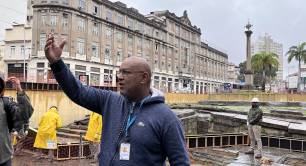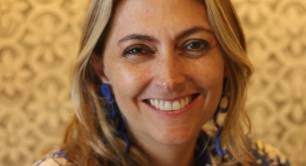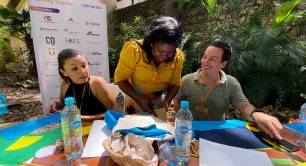The bioeconomy, AI and and inclusive recycling: ten takeaways from Latimpacto's 2024 Impact Minds conference
How is politics influencing impact investing in Latin America? How can the nascent impact investing movement grow its presence in the region? We report from Impact Minds in Oaxaca, Mexico, to answer these questions and more.
The Oaxacan festival of Guelaguetza celebrates Indigenous culture, sharing, reciprocity, and extended community.
The spirit of Guelaguetza was invoked by Carolina Suarez, CEO of Latimpacto, as she opened Impact Minds 2024, Latimpacto’s conference for venture philanthropists in Latin America and the Caribbean.
Suarez welcomed the 654 delegates, representing 210 organisations from 36 countries across the world, to Oaxaca with a call for collaboration and inclusivity for impact, saying “money by itself won't generate social change”.
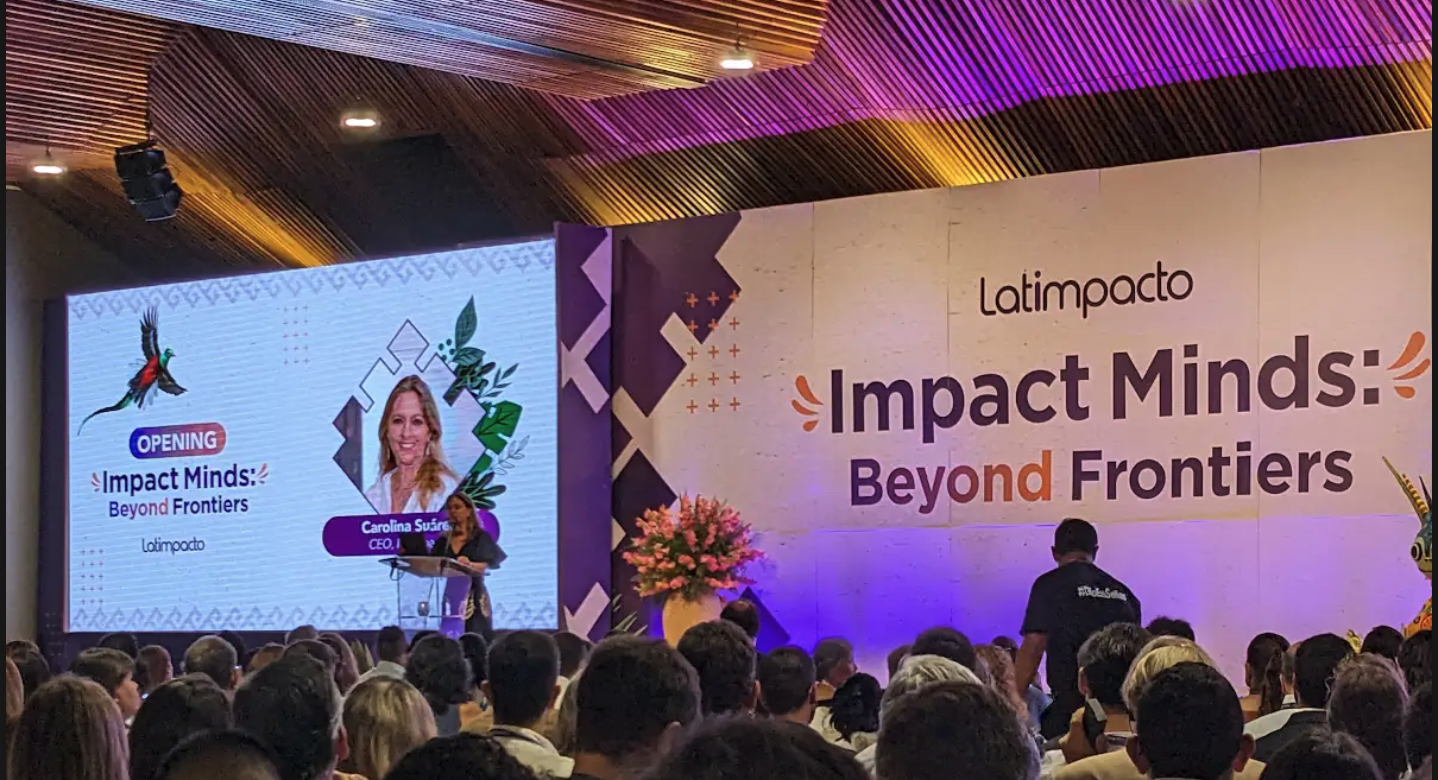
Speaking to Pioneers Post on the second morning of the conference, Suarez explained how the event was designed to connect capital providers across a region she describes as “fragmented”. Suarez said: “We are gathering capital providers to think beyond, to create connections, to share, to learn, to listen.”
With Latimpacto having brought together capital providers from Latin America, the Caribbean and beyond for a "disruptive party", what were the key themes that came out of the conference? What fascinating ideas were shared in the sessions and what questions did the event raise? Pioneers Post was there to find out.
1. The Amazon is central to conversations in Latin America (wherever you are in the region)
“The Amazon is a mirror in which humanity can see its own future. If that mirror is broken, our possibility of moving forward is also broken.” This quote from Brazilian politician and environmental activist Marina Silva, introduced to the conference by Ricardo Andrés Calderón Solarte, seemed to encapsulate the approach of most, if not all, delegates at Impact Minds.
Carolina Suarez identified the climate crisis as an intersectional challenge sitting above all others for the region. Latin America is one of the most biodiverse regions of the world, with the Amazon central to that — according to Greenpeace, more 3m species live in the rainforest, and over 2,500 tree species (or one-third of all tropical trees that exist).
Delegates heard from representatives of Amazonian organisations throughout the conference, including Solarte from Agrosolidaria Florencia and Ellen Acioli from Instituto Regatao Amazonia. Of course, the Amazon and its Indigenous communities aren’t the whole story of the climate crisis in Latin America, but their importance — both symbolic and actual — weighed on almost every conversation at Impact Minds.
Also at the forefront of many delegates’ thinking was the bioeconomy — the use of renewable biological resources from land and sea to produce food, materials and energy — and how it can be activated to protect the Amazon and climate at large. The bioeconomy is a burgeoning sector facing significant growing pains, including who will pay for any additional costs of bioeconomy products to cover both the production and their regenerative value and a lack of international agreement on its definition.
But social entrepreneurs at Impact Minds shared examples of how they are addressing these challenges.
2. The bioeconomy could be one solution to overtourism
Overtourism is a topic currently receiving international media attention and there is a significant scope for impact if the bioeconomy can provide alternative employment.
An example of a bioeconomy initiative outside of the Amazon came from the Caribbean coast of Colombia, where the foundation of Colombian conglomerate Colombian Grupo Argos has been investing in mangrove restoration.
Maria Camila Villegas, the foundation’s executive director, said the project started in 2020 when the community lost its tourism income which it was previously reliant on because of the Covid-19 pandemic. Now Grupo Argos Foundation and other local businesses pay for the cultivation of mangrove nurseries.
Carbon credit schemes too could help build communities economic resilience. Cooper Renfro, associate director at not for profit consultancy Social Finance International, told Pioneers Post that while carbon credit schemes had received negative media coverage recently, if approached correctly they could make additional positive impacts on top of sequestering carbon. The problem stemmed from many buyers focusing on getting the cheapest carbon credits. “The cheapest carbon credits sometimes cuts corners on social investment and engagement,” he said.
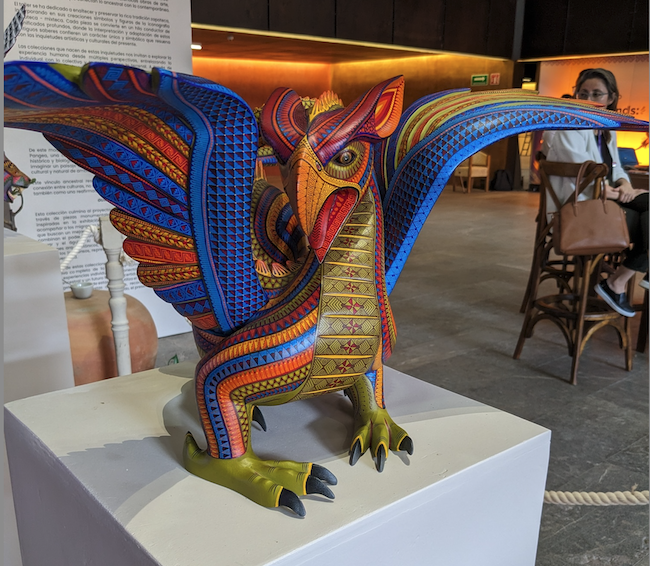
|
Doug Miller, co-founder of Impact Europe, the Asian Venture Philanthropy Network, the African Venture Philanthropy Alliance and Latimpacto, closed Latimpacto's 2024 Impact Minds conference by announcing his retirement from international work. Miller spoke of his ambition to turn "acorns into oaks" in the form of the infrastructure for venture philanthropy he's helped put in place and his confidence that those seeds have now become matured trees, ably tended by "superstars" in the individual organisations. Miller left the Impact Minds stage to a standing ovation. Arguably the original driving force of venture philanthropy around the world, and turning 80 years old next month, Miller will no longer travel for international work. Read more about Miller's career in our Pioneer interview. |
3. In spite of good intentions, many Indigenous and local communities are still not truly involved in development projects
There were many examples shared at Impact Minds of projects which had worked hard to include Indigenous and local groups in their planning and decision making, mostly by large funds and big corporates.
There were also many delegates representing Indigenous groups, or who worked directly with them, who expressed frustration that the importance of including such groups in planning and decision-making had been spoken about for years but still wasn’t being adequately implemented.
Given the distance between these two perspectives and the amount of airtime the topic had at the conference, it would seem imperative that the necessary work is done to close this gap so Indigenous and local communities are at the forefront of such projects, rather than feeling like they’re having development ‘done to them’.
Natalia Wills, Latin America regional director for NGO Trickle Up, which supports women to tackle extreme poverty, told Pioneers Post there was an urgent need to change perceptions of financial risk for investors and donors.
“The cost of capital is higher for those perceived to have a higher risk. For example, capital doesn’t usually go to women. Most of the investment companies are led by men, or white men, and the justification [for not investing in women] is based on risk,” she said.
“We know from microfinance, for instance, that women are very good at paying back their credits and their loans. So this concept of risk is very subjective and we need to think about it in a different way.”
4. EU corporate responsibility legislation is creating big challenges for Latin American SMEs
In May 2024, the EU adopted the Corporate Sustainability Due Diligence Directive (CSDDD), which requires large companies to conduct due diligence on environmental impacts and human rights across their supply chains, as well as taking measures to prevent and limit any negative impacts identified.
The legislation was broadly welcomed in the EU, albeit with the caveat it was potentially too watered down by corporate lobbying to truly achieve its aims. But at Impact Minds, delegates expressed concerns that CSDDD, as well as existing legislation such as the Corporate Sustainability Reporting Directive and the Regulation on Deforestation Free Products, will pose significant challenges for SMEs in Latin America which are part of European companies’ supply chains.
(This was also highlighted by recent GSG Impact research which suggested global standards setters such as the ISSB and the European Union should involve Global South stakeholders in the design of sustainability standards to ensure that smaller enterprises could reach them.)
Agostina Coniglio, partner at sustainable development consultancy Keidos Impacto Legal, told Pioneers Post the legislation presented multiple legal and practical challenges, particularly related to legal uncertainty and complexity of how the directive would be enforced outside the EU and if it may eventually clash with the principle of sovereignty of non-European countries.
Coniglio said: “More attention should be paid to its extraterritorial application, particularly on SMEs as global business partners of companies required to comply, regarding additional burdens and risk transfers that they could undergo which could ultimately cause them to fall out of global value chains.”
Social Finance International’s Cooper Renfro told Pioneers Post that corporates had a responsibility to pay for any costs related to the legislation.
He said: “It’s their regulatory pressure, their responsibility. I would like to see corporates begin to recognise that investing in community resilience, investing in their supply chain, is not a CSR activity, it’s a core commercial concern. Once these corporates understand that taking care of their supply chain, of the communities in which they are involved in and rely on, that they have a responsibility to them, it is a good day.”
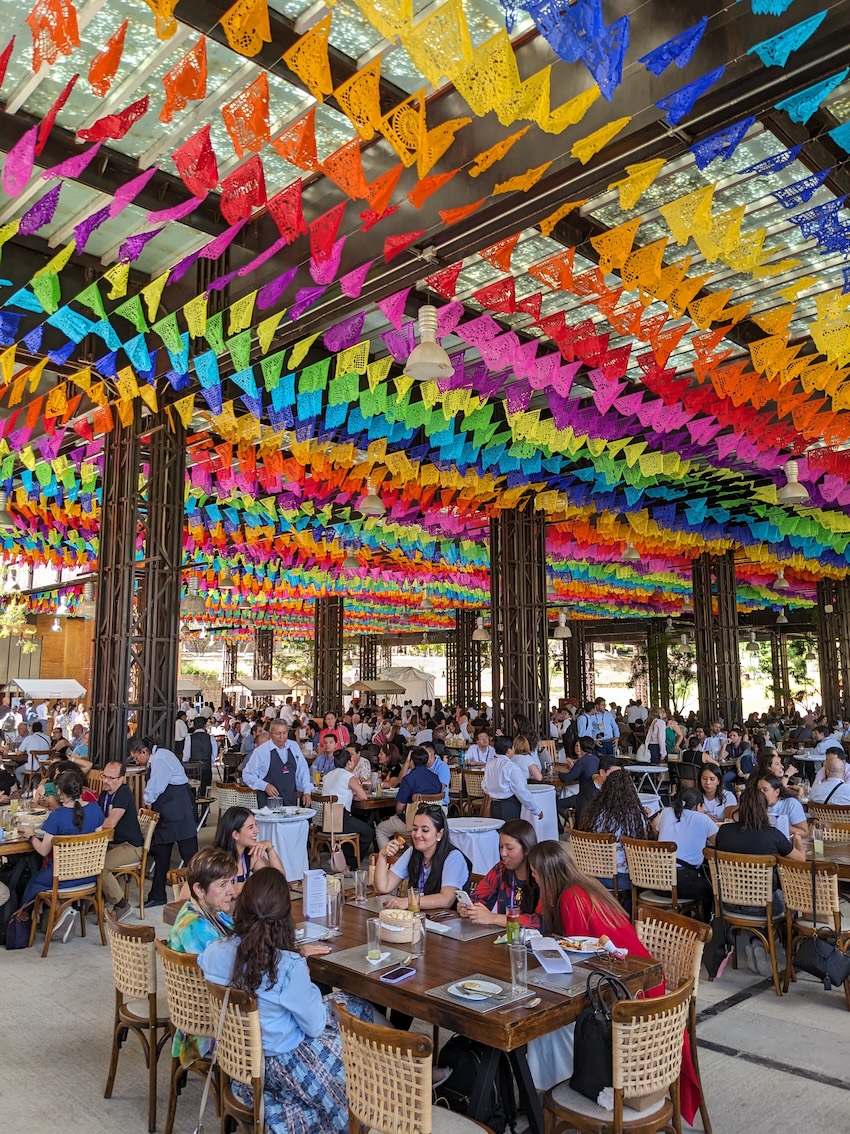
5 Latimpacto launches new climate and STEM funds
In addition to the launch of applications for the Green Catalytic Fund, which Pioneers Post reported before the conference, Latimpacto used Impact Minds to announce a science, technology, engineering and mathematics (STEM) fund, in partnership with tech multinational Lenovo.
The STEM fund will aim to support what it describes as “NGOs and social companies” to develop initiatives that improve access to STEM methodologies, resources and learning products for students in basic secondary education in Mexico and Brazil. In addition, the fund will seek to scale and replicate products and services related to STEM methodology in vulnerable communities.
The STEM fund will deploy US$200,000 in its first year, made up of US$100,000 from Lenovo and US$100,000 from Doug Miller, who founded Latimpacto and its sister networks in Europe, Asia and Africa. Both are willing to deploy US$100,000 more for the second and third years if more funders can be found who are willing to match those investments.
6 AI: The good, the bad and the mapping
Mapping the activities of the 210+ Latimpacto members by analysing more than 1.2m news articles in multiple languages would have taken a human researcher 10 years, if they were able to read and summarise each article in one minute.
But Latimpacto and Impact Intelligence achieved this in days with AI, it emerged at the conference. They are using the results to enable collaboration between Latimpacto’s members and cross-referencing with further data to identify gaps where members can deliver initiatives to address unmet needs.
The work was presented during a session on the uses and challenges of AI for impact, which truly lived up to its title. The session included examples of how a fund has used AI in an attempt to remove human bias for impact management. But it also included the assertion that 80% of algorithms were trained by men, and 60% of that 80% are white men, which begs the question: can AI ever be truly objective?
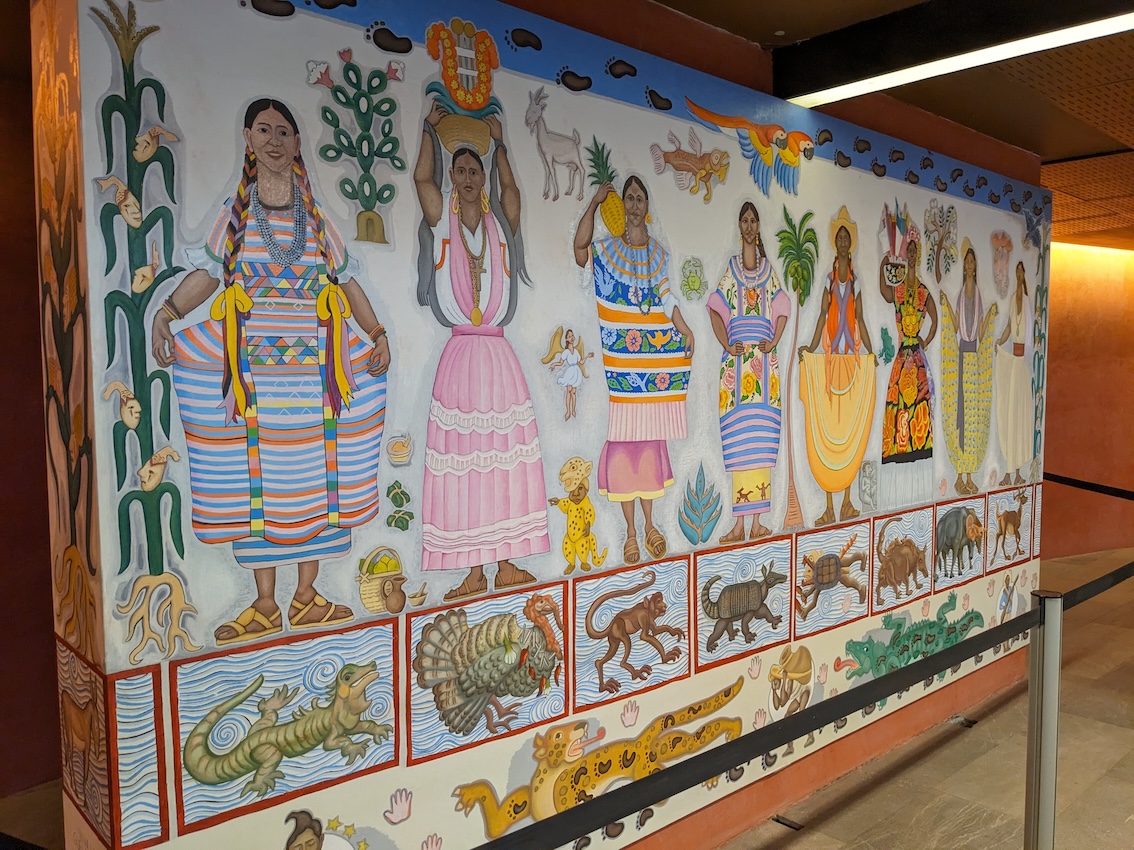
Oaxaca culture was celebrated throughout the Impact Minds conference
7. Delegates were challenged to promote diversity, equality and inclusion
Impact Minds foregrounded diversity, equality and inclusion across (DEI) across the event and delegates were challenged to do more to promote diversity in a number of areas.
Natalia Guala Beathyate, from Grupo Social ONCE, which supports blind people and people with other disabilities, told the conference that although it may look difficult to have a disabled person in a group or workplace, more than 60% of Grupo Social ONCE’s employees had a disability. She posed the question: how many times have you asked yourself if accessibility is a barrier to your projects?
Maria Claudia Santos from Fundacion Arturo Sesana suggested that “excluding people because of old age is the most widely accepted form of discrimination”. She pointed to research that found success rates for entrepreneurs aged 50 and above were higher than for those in their 30s.
In a session on gender lens investing, Victoria Arnold Monsores from BlueOrchard Finance said 70% of micro, small and medium enterprises led by women in Latin America struggled to access finance. The session demonstrated various forms of gender lens investing, including proactively bringing more women into investing, intentionally investing in projects that prioritise women and supporting companies post-investment to increase opportunities for women.
- Read more: What is gender-lens investing?
8. Celebrating Oaxacan enterprises
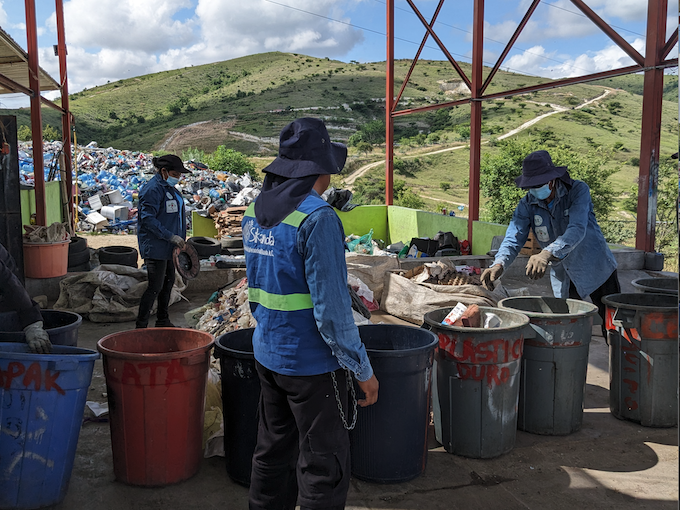
Recicladores at work at the recycling centre in San Lorenzo Cacaotepec
Before the conference began, delegates visited several social enterprises in Oaxaca. Visits included an Indigenous weaving project promoting women’s rights, an organic coffee factory, and a sexual and reproductive health programme for young Indigenous and Afro-Mexican women.
Pioneers Post visited a recycling centre in San Lorenzo Cacaotepec, a municipality in the hills overlooking Oaxaca. The centre there is supported by local NGO SiKanda, which works to help waste pickers move out of the informal economy to become properly recognised “recicladores”, securing dignified employment and labour rights.
For SiKanda, the priority of the project is the rights of the recicladores. In Mexico there are around 200,000 people engaged in informal waste picking or recycling, pejoratively referred to as “pepenadores”. Through the professionalisation of the workers and work conducted with local authorities and private recycling firms, the programme secures rights for the recicladores, including fair pay, protective clothing and paid vacations.
José Carlos León Vargas, co-founder and general director of SiKanda, told Pioneers Post a key element of the work was developing the recicladores’ entrepreneurial skills.
Improved waste management and recycling is a considerable benefit of the project. There are 570 municipalities in Oaxaca state and only seven have a proper recycling system, elsewhere everything goes to landfill. Through the programme, SiKanda says it has extended the lifespan of the landfills of the municipalities it operates in, generated savings for local authorities and improved community and environmental wellbeing.
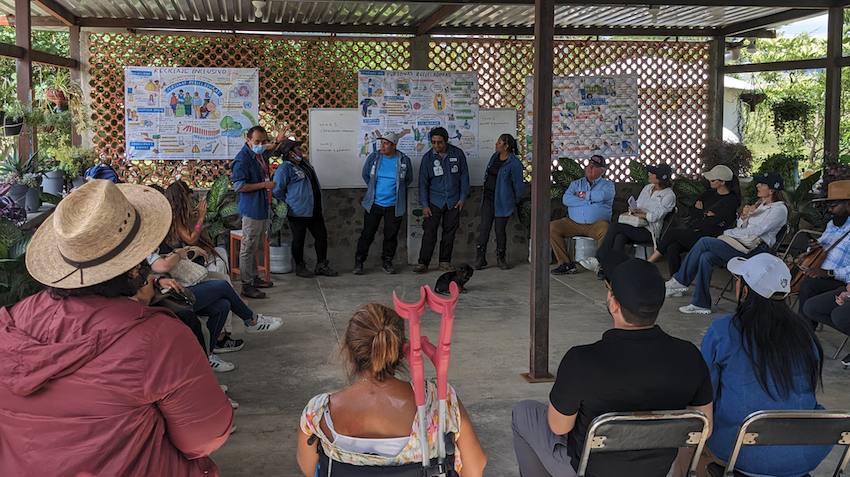
Impact Minds delegates hear from recicladores in San Lorenzo Cacaotepec
9. Mexican judicial reform sparks protests and spooks markets
Talk of volatile politics filled the buses to the conference on Wednesday morning after events the previous day in Mexico and the USA. In Mexico, the ruling Morena party secured senate approval for controversial reform of the judiciary. The reform sparked protests across Mexico, including in Oaxaca, with protestors claiming it would stack the courts with judges favouring the president’s party and undermine rule of law.
Beyond the concerns over the potential attack on democracy, Mexican Impact Minds delegates expressed fears the reform would scare investors away from the country. What’s more, the US and Canada warned that it could undermine the USMCA trade pact – a trade agreement between the USA, Mexico and Canada – negatively affecting investment. The markets were spooked with Mexico’s peso weakening by 17% since the elections on 2 June.
Meanwhile, Tuesday evening also saw the US presidential debate between Kamala Harris and Donald Trump. Conversations at Impact Minds predicted a downturn in US investment into Latin America until the election, and, after that, the markets would depend on the election result. Perhaps unsurprisingly, “stability” came high on most delegates’ list of hopes for relations between the US and Latin America. The region waits with bated breath…
10. Communicating a Latin American narrative about impact investing
…But the region is not just passively waiting – it is taking matters into its own hands. Latimpacto used the conference to launch Transforming Great Challenges into Great Opportunities, a study of the current state of the region’s impact investment market. A key recommendation is to strengthen and disseminate a regional narrative about impact investing to attract greater local and foreign capital.
The report, published in partnership with IDB Invest and the Esade Center for Social Impact, calls for the participation of the entire Latin American impact ecosystem to achieve greater transparency, increase consensus around impact practices and mobilise capital to grow the sector.
This is an aim supported by Maria Daniela Garcia, investment manager at impact investor AlphaMundi, who told Pioneers Post a priority for her organisation was to deploy resources from Latin America to invest in Latin America.
Tricke Up’s Natalia Wills said: “I really like the approach of Latimpacto working across the whole capital spectrum, from philanthropy to impact investment and venture capital. I think there is the opportunity to generate more innovation.”
- The event concluded with the announcement that Impact Minds 2025 will take place in Medellín, Colombia.
Thanks for reading our stories. As an entrepreneur or investor yourself, you'll know that producing quality work doesn't come free. We rely on our subscribers to sustain our journalism – so if you think it's worth having an independent, specialist media platform that covers social enterprise stories, please consider subscribing. You'll also be buying social: Pioneers Post is a social enterprise itself, reinvesting all our profits into helping you do good business, better.

